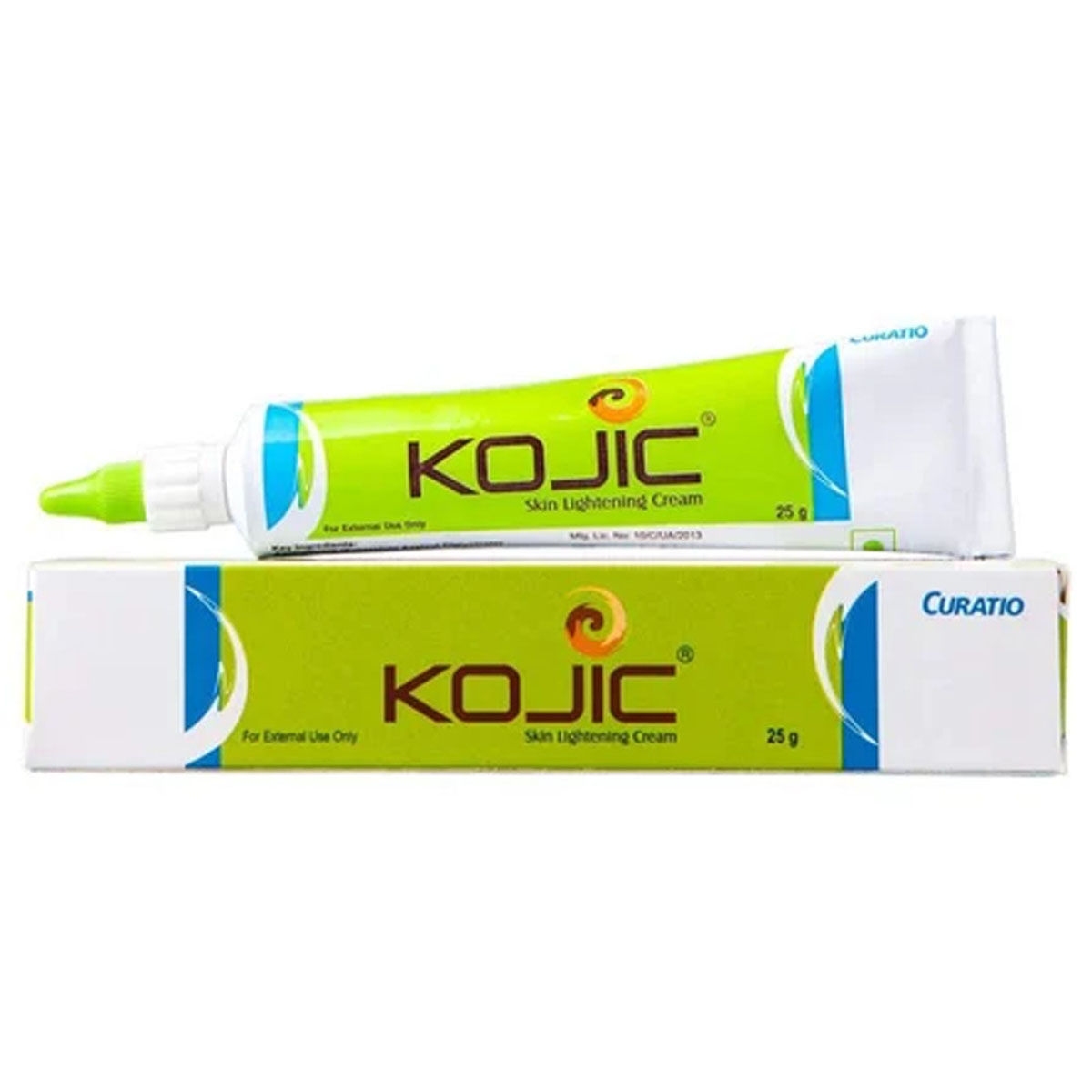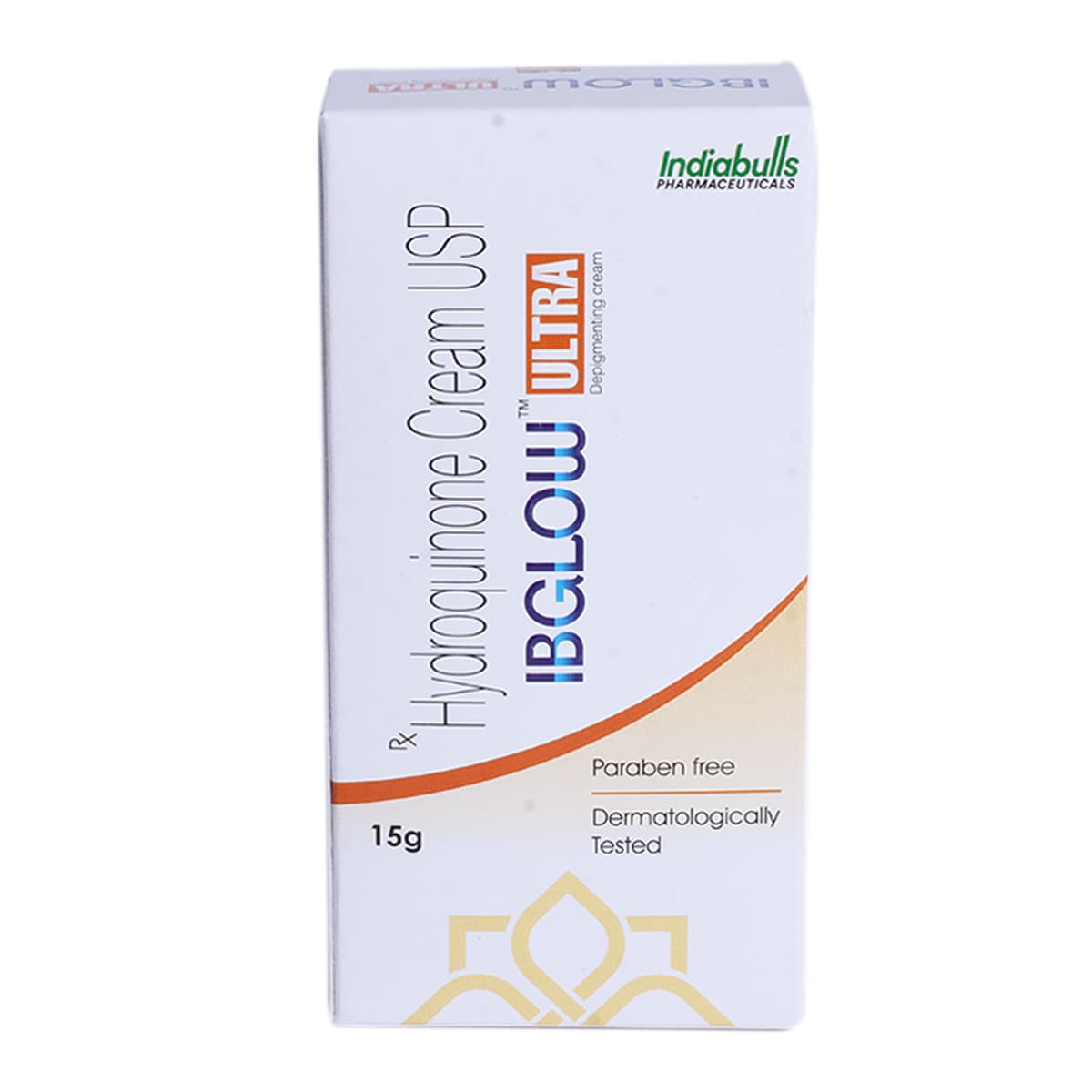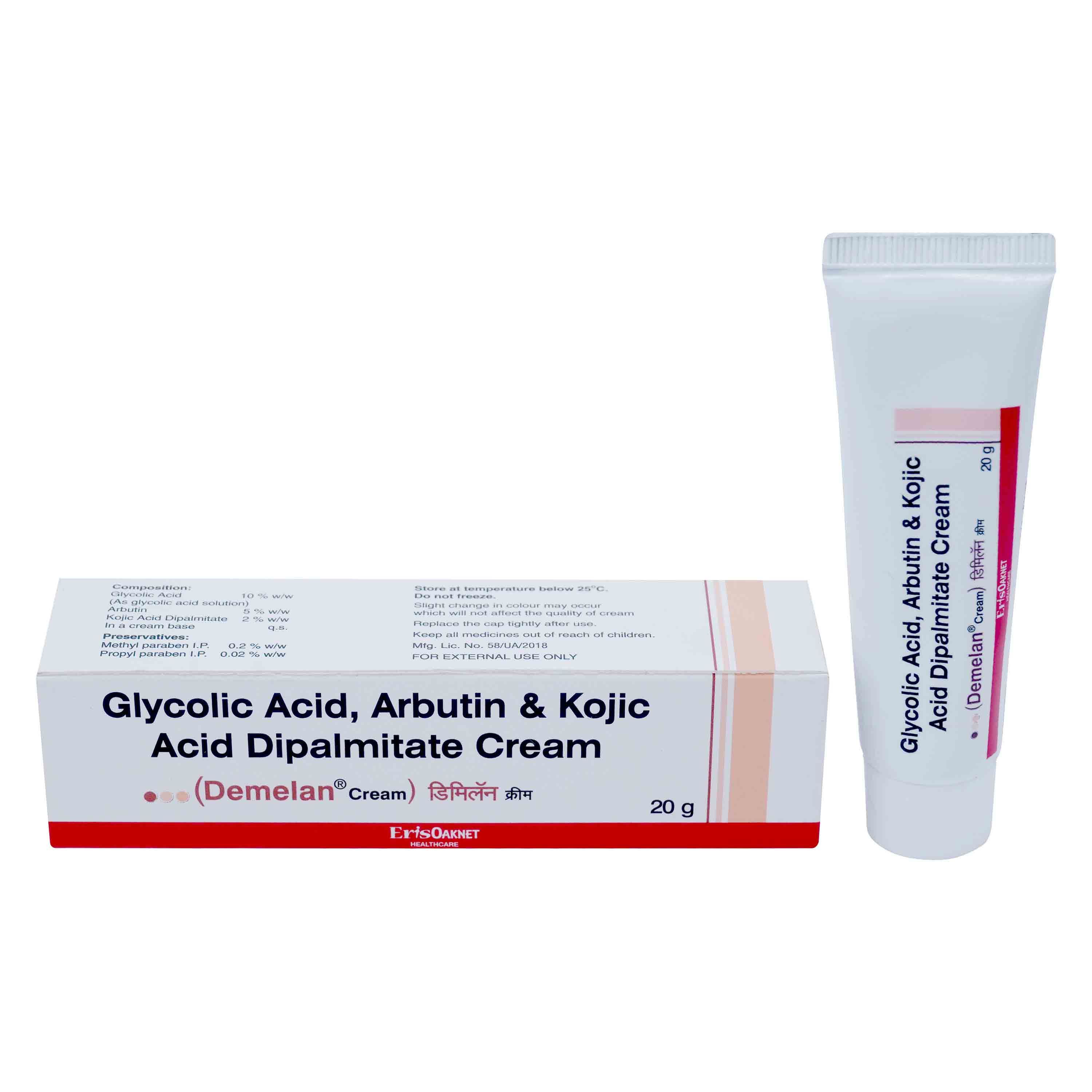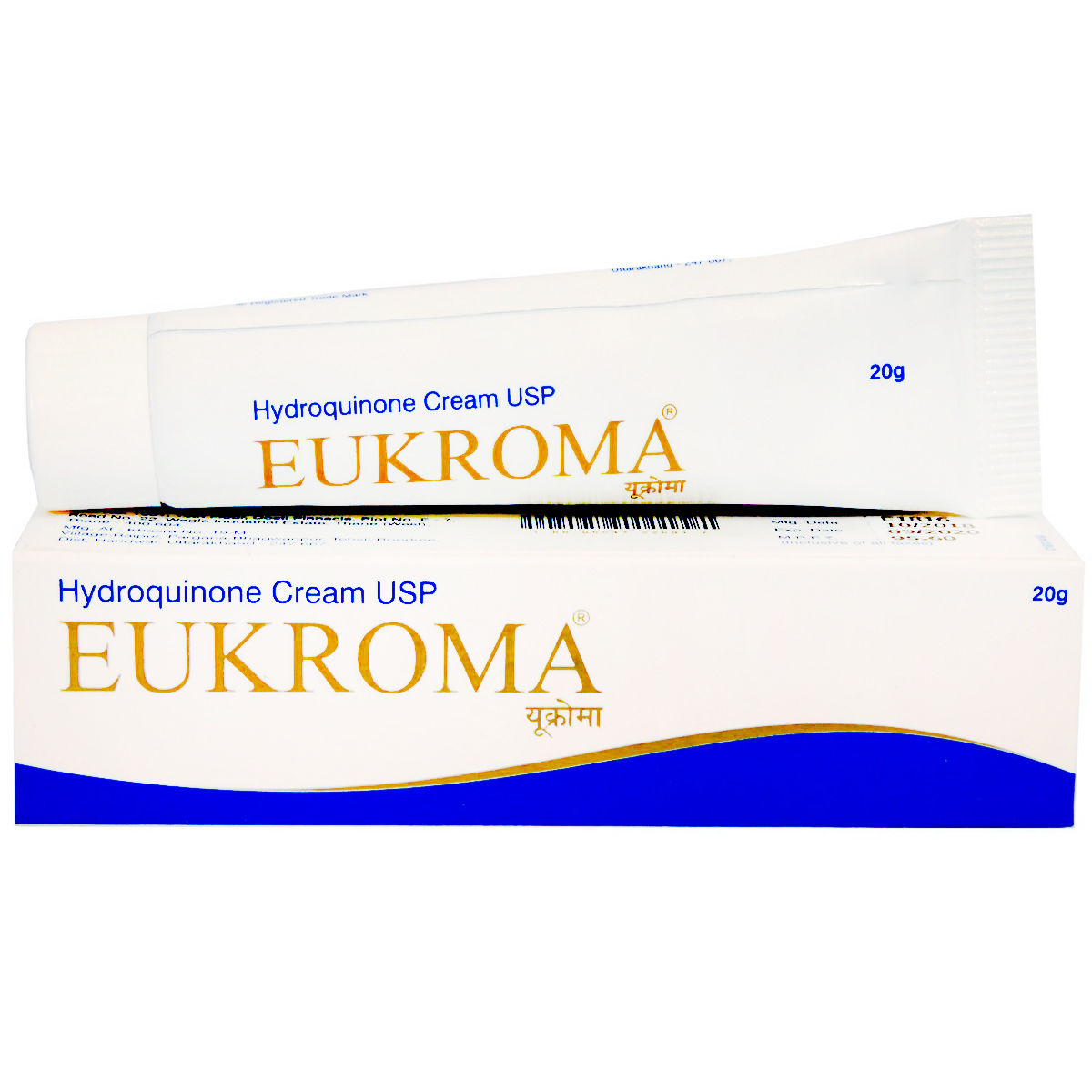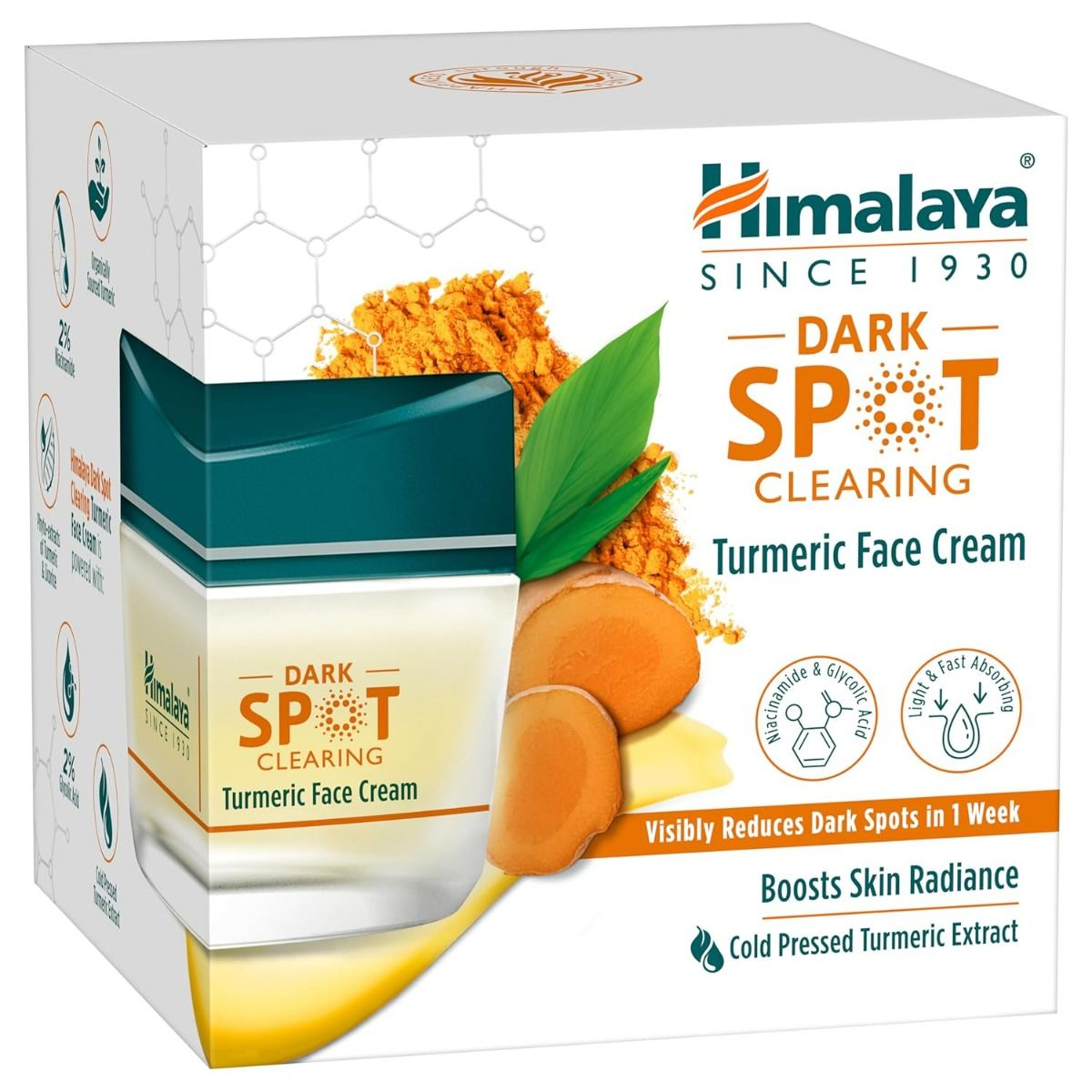Why Do Dark Spots Appear After Pregnancy?
During pregnancy, many women experience an increase in melanin production due to hormonal changes. This can lead to melasma or postpartum hyperpigmentation, often appearing on the cheeks, forehead, or upper lip. While some pigmentation fades over time, many new moms find that dark spots linger for months.
If you are looking to speed up the fading process, certain topical creams can help. These products are formulated to reduce melanin, brighten the skin, and support healing, all while being gentle enough for postpartum use. Below are five dermatologist-trusted creams that are ideal for treating dark spots after delivery.


